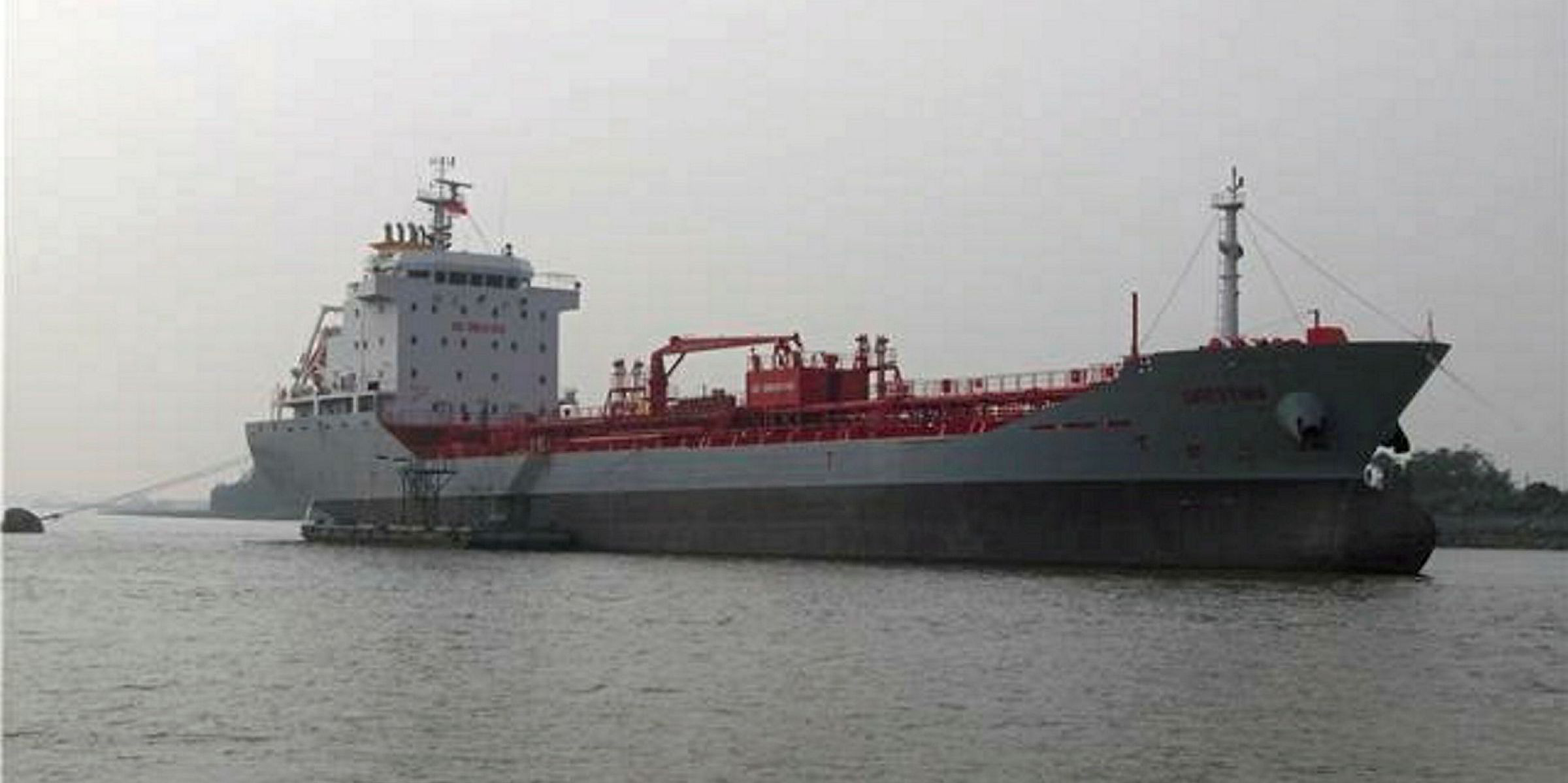Turkey has broadened the scope of its ship arrest regime through adopting the International Convention on Arrest of Ships.
The 1999 convention was ratified in 2017, but has now passed into law following a presidential decree this month.
Kemal Guclu Erdogan, an associate at law firm Ersoy Bilgehan, said most of the rules in the convention had already been adopted in the Turkish Commercial Code (TCC).
But a key part of the third article was deleted.
This allows the arrest of an offending ship if “the demise charterer of the ship, at the time when the maritime claim arose, is liable for the claim and is the owner or the demise charterer of the ship when the arrest is effected.”
The words “or the demise charterer” were not incorporated into the TCC, Erdogan said.
"The basis for leaving out claims against the demise charterer was the fact that the Turkish law concept of precautionary attachment - which is considered as the equivalent of arrest - is only possible when the assets sought to be attached/arrested are owned by the person liable for the claim," he added.
"Consequently, when a demise charterer is personally liable for a claim, it was not possible in Turkey to arrest the offending ship because the claim is not against the registered owner of the ship."
Article now adopted
But now an offending ship may be subject to arrest if the demise charterer of that ship who is liable for the claim remains the demise charterer at the time the arrest is effected, Erdogan said.
He added: "It is without doubt that the above wording will bring to light new questions as to arrest of offending ships under demise charter in Turkey.
"In our view this recent development should pave the way for arrest of ships under demise charter for debts of the charterer given that international conventions take priority over national law."
But he said: "It is nevertheless difficult to predict where the loyalty of Turkish courts will lie, in other words whether they will remain loyal to the settled practice under the TCC or apply the convention."





